
Mladic, 70, sat listening with his back to the public after being warned at the start of his trial on Wednesday for making a throat-slitting gesture to a relative of Srebrenica victims.
The massacre, Europe's worst atrocity since World War Two, helped finally to galvanise Western powers into launching air strikes on Serb forces to bring the 1992-95 Bosnian war to an end.
"This was and will remain genocide," said prosecutor Peter McCloskey, showing grainy video footage of bodies outside a warehouse where about 1,000 prisoners were gunned down.
"The evidence of this crime is overwhelming ... We will focus on linking General Mladic and his men to the crime."
However, there was a blow for efforts to ensure that the trial of Mladic, whose lawyers say he has had three strokes and a heart attack, does not parallel that of Slobodan Milosevic, which lasted so long that he died before a verdict was reached.
Mladic looks frail and thin compared to the stocky commander seen in wartime barking orders to shell Bosnian Muslim positions, but has benefited visibly from the medical treatment he has received while in detention.
The judges accepted a defence argument that prosecutors had not disclosed their case properly, but did not say if they would grant the full six-month delay requested by the lawyers before the trial enters its next stage, where evidence is presented.
Executioners to be called
McCloskey said prosecutors planned to call scores of witnesses, including 11 survivors of the massacre as well as executioners from the Bosnian Serb army.
"In only five days, forces of Radovan Karadzic and Ratko Mladic expelled the population from Srebrenica and Zepa and murdered more than 7,000 Muslim men and boys."
He said nearly 6,000 bodies had been exhumed from mass graves and secondary sites where bodies were reburied to conceal them in remote mountain areas. Their remains have been identified by DNA testing.
In the public area, mothers of Srebrenica victims wept as they listened to the proceedings.
"My husband was 45 years old. He was taken away and killed only because he had a different name and different religion," said Zumra Sahomerovic.
"There is no punishment good enough for him (Mladic)."
The prosecution says the massacre was part of a strategic plan, devised with Milosevic, then Serbian president, and Bosnian Serb leader Radovan Karadzic, to "cleanse" parts of the Balkans of non-Serbs and create a pure Serb state.
Among the 11 charges against Mladic are genocide, murder, rape, imprisonment and acts of terror for actions that also include the 43-month siege of the Bosnian capital, Sarajevo, in
which 10,000 died, and the establishment of a number of brutal prison camps.
Like Karadzic, who is also on trial in The Hague, Mladic faces a sentence of up to life imprisonment if found guilty.
Both were indicted by the International Criminal Tribunal for the Former Yugoslavia at the end of the Bosnian war in 1995, but remained free in Serbia for more than a decade before being tracked down.
COMMENTS (1)
Comments are moderated and generally will be posted if they are on-topic and not abusive.
For more information, please see our Comments FAQ



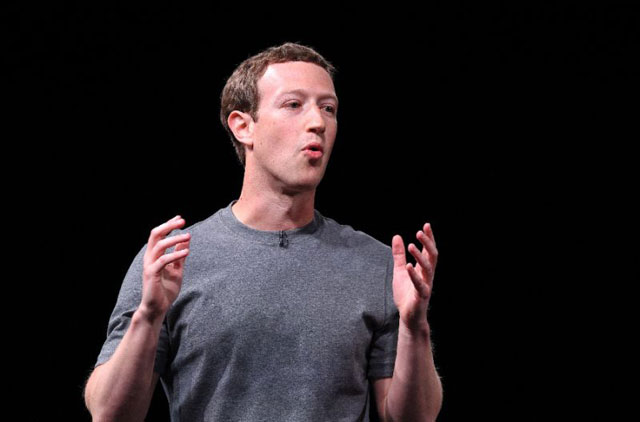

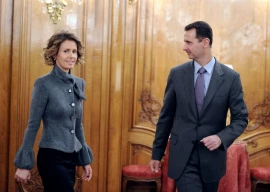
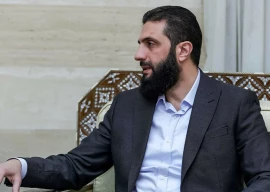
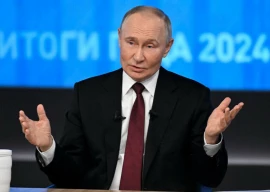
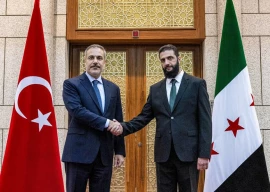
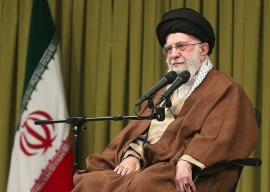




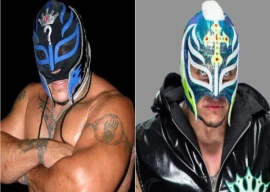








Any words of sympathy? anyone?